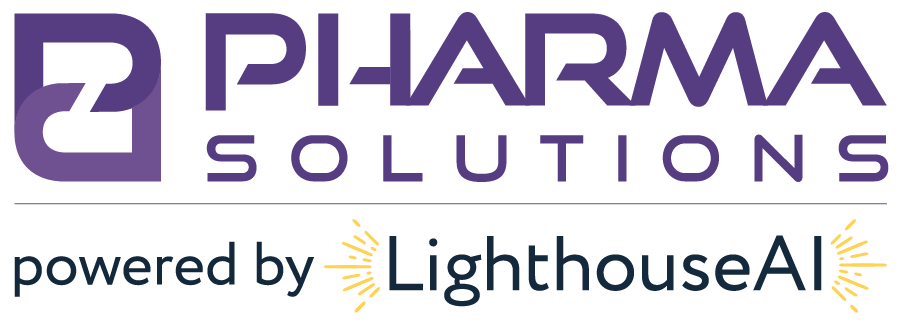Anti-Trust Activities in the Dental Supply Market
Product access and pricing are always at the center-point of supply chains–and the healthcare supply chain is no different. Last month, the FTC ruled that Benco Dental Supply Company and Patterson Companies, Inc. violated anti-trust activities. The ruling stemmed from their collective refusal of providing discounts to, or otherwise serving, buying groups that represent dental practitioners.
Background
The dental supply market is primarily served by just three companies: Henry Schein, Benco Dental Supply and Patterson Companies. This case revolves around the latter two, Benco and Patterson. Benco co-Chief Executive Chuck Cohen and Patterson Dental President Paul Guggenheim have had a personal relationship for decades, having been part of the same industry for so many years. However, the case revolves around communication between Benco’s Cohen and Patterson’s Guggenheim on the policies of their respective companies’ on whether to do business with buying groups.
On February 8, 2013, Cohen sent Guggenheim an e-mail: “Just wanted to let you know about some noise I’ve picked up from New Mexico. FYI: Our policy at Benco is that we do not recognize, work with, or offer discounts to buying groups.” Guggenheim confirmed the alignment of Benco’s policy with Patterson’s policy shortly thereafter, stating: “Thanks for the heads up. I’ll investigate the situation. We feel the same way about these.” A few days later, Guggenheim told the newly formed New Mexico Dental Association that they would not be able to supply the buying group’s members.
What This Means
Like the dental supply chain, the drug supply chain is also dominated by three major drug distributors. Between Primary Vendor Contracts and their dominance of the market, this case might inspire the FTC to start looking. This is all alongside the trouble that the generic drug manufacturers have been experiencing for their alleged anti-trust activities. The generic drug price-fixing lawsuit is moving at lightning speed, as the judge recently imposed a tight deadline of December 20 to complete discovery on defendant generic drug-makers. The drug-makers face a lawsuit that was brought by 44 states and alleged coordination to artificially inflate prices and block competition. There are potentially huge damages at stake for each of the named generic drug-makers.




0 Comments